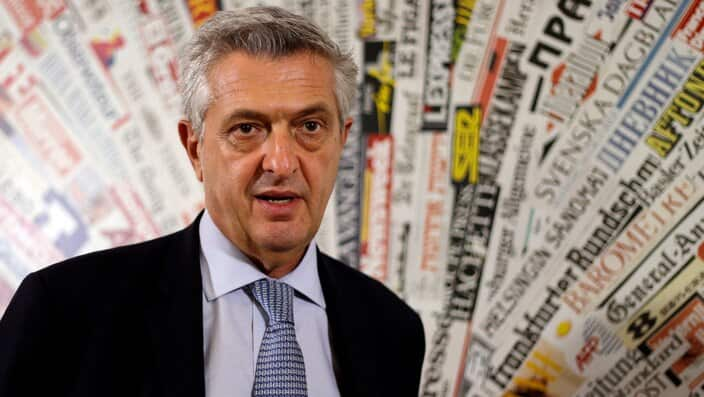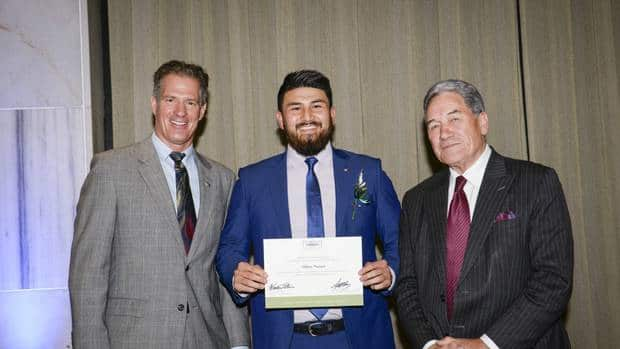Sixty-three per cent of Australians support people's right to seek refuge but at the same time, support for closing borders is increasing, a new report has found.
As World Refugee Day is marked on 20 June, the global IPSOS survey found that the majority of the 26 countries surveyed would want to welcome those escaping persecution or war but that negative views were "hardening" compared with two years ago.
IPSOS Australia director David Elliott said that while the survey showed compassion for refugees, it also shows a degree of scepticism.
"This more negative view towards refugees also suggests that the ongoing political and media discussion about the government's strategy of 'stop the boats' continues to influence public opinion about refugees," he said.

He added: "There's a lot of coverage about the plight of refugees, certainly in Australia's there's an ongoing conversation around 'stopping the boats' and I think all of those feed into this concern about what's going on in the world with refugees and how do we actually deal with it."
Forty per cent of Australians believe that borders should be closed, up five points since 2017.
However, 44 per cent of respondents disagreed with that statement.
Globally, 54 per cent of people doubted whether refugees coming into their country were really genuine and not just for economic reasons. Australians' doubts about people's motives rated less at 49 per cent.
About 42 per cent of Australians agree that refugees successfully integrate, a drop of three points since 2017.
Speaking in Geneva at the launch of this year's United Nations "Global Trends" report on refugees, the UN's High Commissioner for Refugees, Filippo Grandi, admitted that not all refugees are genuine - but that didn't negate the suffering and distress experienced by the majority who are.

"It is what we would call a mixed flow. There's no doubt about that," he said.
"Some people are looking for better economic opportunities and others, however, and (others are) are fleeing because of the horrifying violence that is perpetrated against them."
However, Mr Grandi said it was developing countries, rather than the West, which were bearing the brunt of the refugee crisis and hosting most of the 70.8 million displaced people who have fled war and persecution.
Mr Elliott added it appeared Australians saw a difference between migrants and refugees.
"The community is differentiating refugees from the idea of immigration and multiculturalism across the board, so I guess if people have concerns about the bona fides of refugees then perhaps that flows into concerns about their ability to integrate, or, I guess, their willingness to integrate," he said.
Australia's refugee policy can be traced back to the Tampa affair, when more than 430 people -mainly from the ethnic minority Hazaras of Afghanistan - were rescued from the Norwegian cargo ship Tampa in 2001.
Then Prime Minister, John Howard, refused permission for the refugees to land in Australia and they were taken to Nauru for their status to be considered.
Eventually, 150 of them were allowed to enter New Zealand. Among them was Abbas Nazari, then aged seven.

Eleven years later in 2012 in a TED talk, he spoke about arriving in Auckland as a refugee with little idea about where he was.
"Who or what is a New Zealand? That's what we were thinking," he said in the 2012 talk.
"But we didn't care, for New Zealand was the end of our six-month journey. So we arrived in New Zealand, 28th September 2001, on the tarmac of Auckland airport we felt home. For the first time, we felt on solid ground."
In 2016 he graduated with a first-class honours degree in international relations and diplomacy from the University of Canterbury and this week, Abbas Nazari was awarded a Fulbright scholarship to study in New York.
He says given the chance of a new life, he and his fellow refugees grabbed it with both hands.

